UN chief voices regret over Abe's Yasukuni visit
Updated: 2013-12-28 06:02
(Xinhua)
|
||||||||
UNITED NATIONS - UN Secretary-General Ban Ki- moon said on Friday that he is aware of Japanese Prime Minister Shinzo Abe's visit to the Yasukuni Shrine, saying "it is highly regrettable that tensions from the past are still plaguing the region."
"The secretary-general is aware of the visit by the Prime Minister of Japan to the Yasukuni shrine, as well as of a strong reaction to it by China and the Republic of Korea," said Ban's spokesperson office on his reaction to the visit.
"It is highly regrettable that tensions from the past are still plaguing the region," said the spokesperson office. "The secretary- general has been consistent in urging the countries in the region to come to a common view and understanding of their shared history. "
According to it, the UN chief "stresses the need to be sensitive to the feelings of others, especially memory of victims, and focus on building mutual trust and stronger partnership."
Ban also noted that "leaders bear special responsibility in that regard, as the region should strive to be forward-looking and harmonious."
"The secretary-general has consistently stated that the countries in Northeast Asia are important partners for the United Nations whose contribution is significant in shaping our future," the spokesperson office added.
Abe on Thursday visited the shrine, which honors the country's war dead, including 14 class-A war criminals. The shrine has been seen as a symbol of Japan's past militarism.
It is the first time in seven years a sitting Japanese prime minister has visited the shrine. Former Prime Minister Junichiro Koizumi paid a visit in August 2006.
Abe's visit has drawn strong opposition from neighboring countries, especially from China and South Korea, both of whom suffered Japan's brutal aggression during World War II.
"(We) strongly protest and condemn the Japanese leader's wrongdoing," Chinese Foreign Ministry spokesman Qin Gang said immediately after the visit.
The move whitewashes Japanese aggression and colonial rule, overthrows the international community's trial of Japanese militarism and challenges the post-war international order, the spokesman said.
Qin said the Japanese leader's actions give its Asian neighbors and the international community every reason to be highly vigilant and deeply concerned over the road Japan will take in the future.
The South Korean government on Thursday also officially denounced Abe's visit, the country's Yonhap news agency reported.
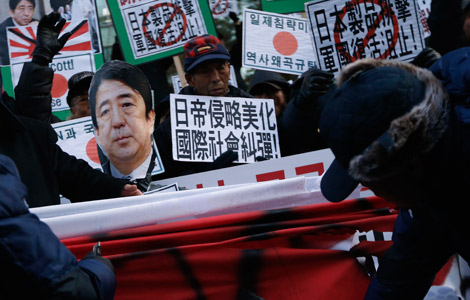
 Abe's war shrine visit sparks protest
Abe's war shrine visit sparks protest
 LeBron James is AP's Male Athlete of the Year
LeBron James is AP's Male Athlete of the Year
 Year-end horse-ride parade California
Year-end horse-ride parade California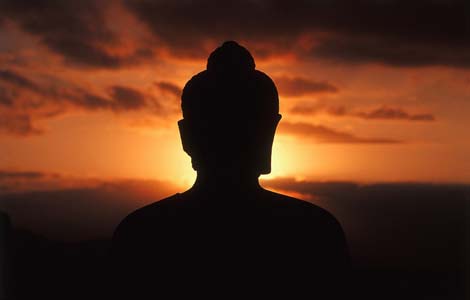
 Pick your new year sunrise
Pick your new year sunrise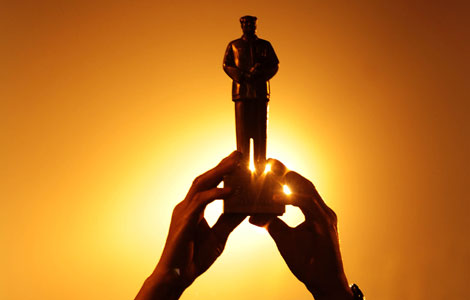
 Memorial a big draw on Mao's birthday
Memorial a big draw on Mao's birthday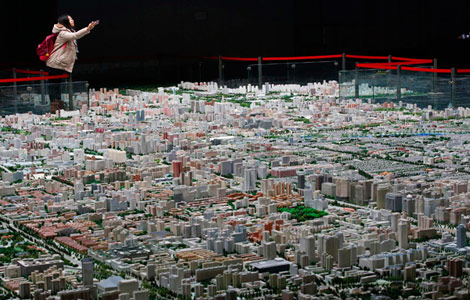
 China's urbanization rate to hit 60% by 2018
China's urbanization rate to hit 60% by 2018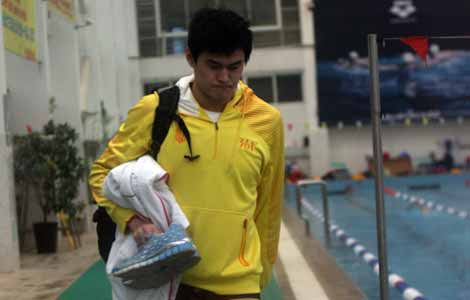
 Oly champion resumes training after scandal
Oly champion resumes training after scandal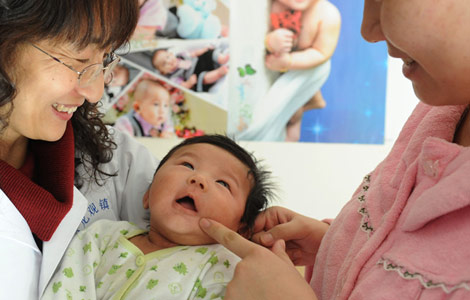
 Private clinics take on new role
Private clinics take on new role
Most Viewed
Editor's Picks

|

|

|

|

|

|
Today's Top News
China reports 12th vaccine-related death
China begins e-commerce legislation
Li drops in to help realize home dream
Govt issues holiday warning
US judge upholds NSA surveillance program
War shrine visit fury mounts
China's vaccines are safe: WHO
Chinese students in US buy luxury
US Weekly

|

|







